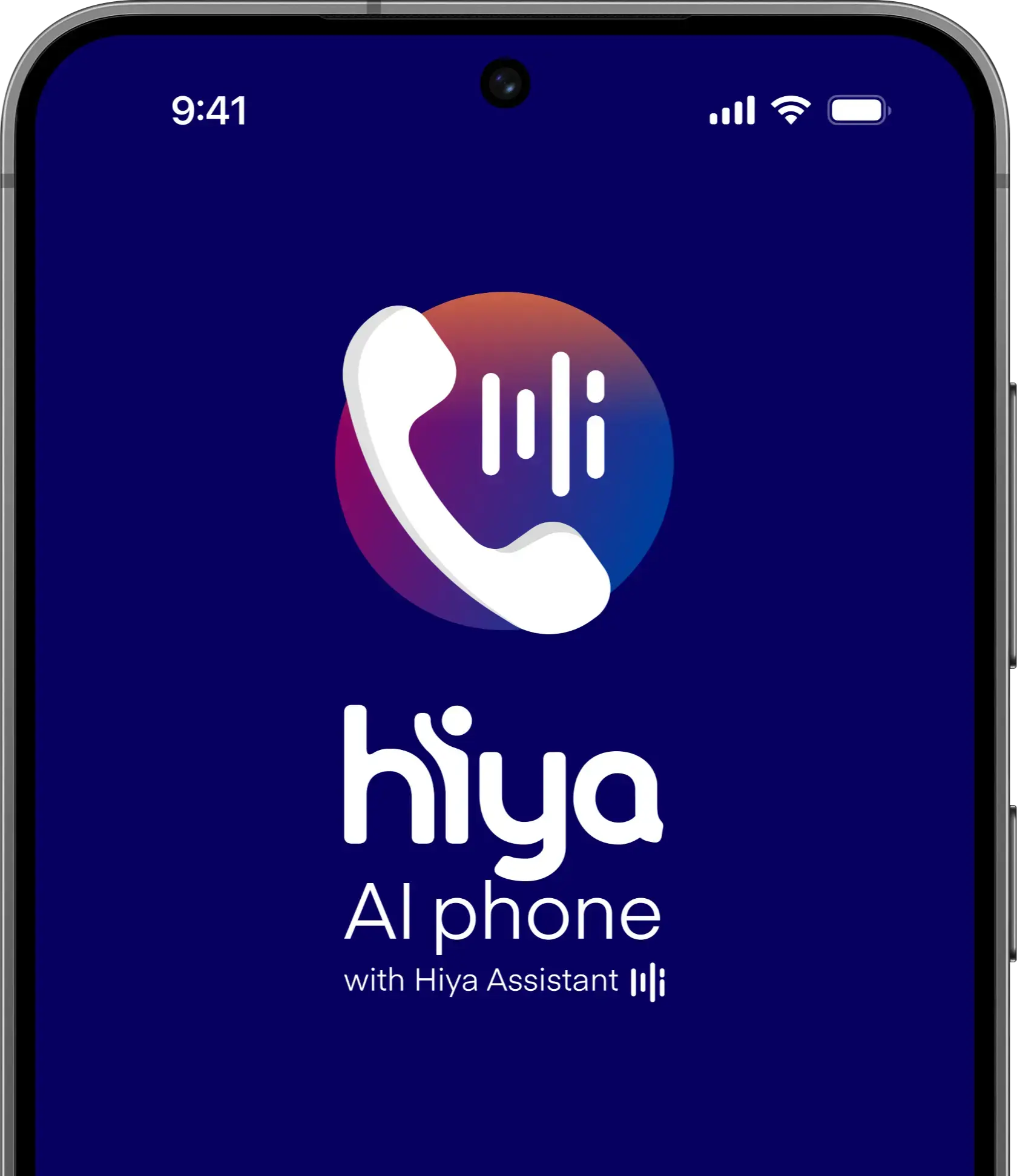
Your phone rings, you pick up, and before you can put down your ham sandwich and register what’s going on, you’re told that you’ve just won a million dollars!
But wait a minute, you don’t remember entering any contests, but who cares right, I mean imagine the things you could buy with a million dollars!
STOP RIGHT THERE!
Before you get caught up in planning your retirement and your next whirlwind vacation to Iceland, remember what you just told yourself: “you don’t remember entering any contests.” Red flag right there; we’re sorry to say it, but you’ve just become a victim of the “Lucky Winner” scam.
What once flooded our e-mails but we’ve now been trained to ignore, are now not only ringing into our phones, but are coming in as text messages too!
As we’ve been trained not to click on flashy ads with too good to be true gifts, prizes, and deals, we must do the same with unwanted calls and text messages.
Here’s a few ways you can avoid becoming the loser of a “Lucky Winner” scam:
1) You Must Enter to Win
Like we previously said, if you don’t remember entering a contest, it’s a 99% guarantee that you didn’t and you’re being had. Hang up the phone before the scammer convinces you that you “may” have entered a drawing or were qualified through a website you visited, because before you know it, they’re drawing you back into a “one time offer that you just can’t miss.”
2) Never Give Out Personal Information
Never give out personal information to unknown callers. It’s important to know who you’re dealing with before you give out your personal information. From your name to your birthday to where you live, scammers can be anywhere in the world and all they need is that one little tip about you to crack into your personal information.
3) Screen Calls with a Caller ID and Call Blocking App
Leave the dirty work to apps that provide caller ID and call blocking. The temptation of believing you have won an amazing prize is less likely to happen when you have a smartphone app that flags spam and scam callers and blocks calls from ringing through.
4) Raise Awareness and Report Scams
As scammers target the young and elderly, do your due diligence and share the scam with friends, family, and loved ones to help them from becoming the next victim. It’s also best to report scams to the FCC.
The “Lucky Winner” scam comes in a number of variations, but the end goal for these scammers is to ask for your email address, phone number, or any personal information you shouldn’t be sharing. Being suckered into believing you’ve won can lead to unexpected charges on your phone bill or a flood of unwanted calls.








